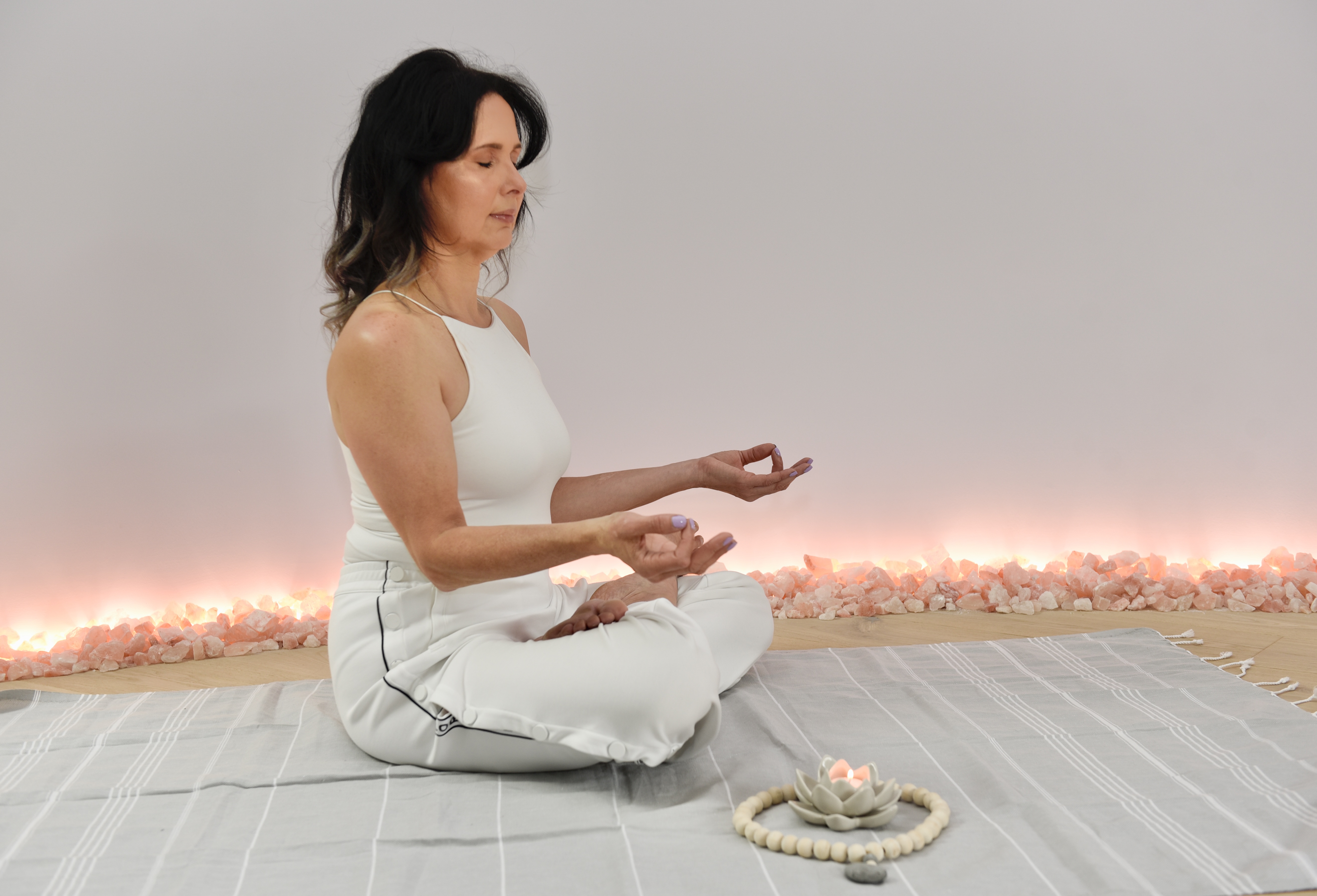Self-care for Mental Health
- Moni Daza-Stephan
- Sep 20, 2021
- 2 min read
Our mental and emotional constitution or Manas Prakruti is essential for a healthy mind. The three gunas: Sattwa, Rajas and Tamas in our mental constitution has a profound effect on our emotional and mental being. Sattwa represents the virtues of love, patience and harmony, when someones displays these qualities is known a Sattwaic personality. Rajas is predominantly anger, irritability, greed and violence, when a person displays these traits is said to have a Rajasic personality. Tamas, on the other hand represents lethargy, depressive and selfishness, if someone displays these characteristics is known as Tamasic personality. When Sattwa the quality of love and harmony is predominant, it makes for the correct balance of the other three gunas.

We can alter our state of mind or Manas Prarkruti through our mental processes, actions, diet, herbs and lifestyle. Ayurveda way of living advocates for love, faith, peace and non-violence. Ayurveda recommends a code of physical conduct (Svasthavitta) and virtuous qualities (Sdavritta).
Ayurvedic recommendations includes:
A daily health routine known as Dinacharya, begininning with oil massage (Abhyanga) according to your dosha constitution to remove toxins ans stimulate the flow of natural energy in the body.
A seasonal health regime (Ritucharya).
Meditation to dissolve deep rooted stress and promote a balanced and peaceful mind.
A healthy Sattvic diet in tune with your ayurvedic type.
Regular exercise.
Pranayama (Regulation of breath). For instance, Alternate nostril breathing among its benefits is balancing the right and left hemispheres of the brain, improving mental clarity, concentration and perception, clearing old conditioning mental patterns, helps to meditate.
Wholesome foods and water.
Avoiding toxins such as pesticides, antibiotics, tobbaco and alcohol.
Purification or Panchakarma.
Adecuate sleep.
Therapies such as Shirodahara (oil pouring on the head to calm the nervous system) and Marma massage (stimulation of the 107 energy centres in the body to increase prana flow and balance)
A balance of activity, rest and reflecting time.
Spending time in nature: walking in nature, sitting by the water to purify senses.
Being kind and tolerant and avoid anger and self-christicism.
Rasayana therapies (rejuvenation).
The beauty of Ayurvedic Medicine is that in the presence of illness or imbalances of the mind, from an ayurvedic point of view, the physical aspect is intrisically connected to a broader social context. For instance when diagnosing a Depression condition, Ayurveda looks closely at the community and the environment of the individual, is the person living in poverty? unemployement, abusive environment, poor diet quality, their effects are woven directly into the state of mind. Therefore under the lense Ayurveda a mental disorder goes beyond merely a chemical imbalance of the physical brain, it is treated at the root of the disease rather than treating the symptoms like in traditional Western medicine approach.
Try to include one of the above recommendations one at a time until it becomes part of your daily life, then add a new one and so forth. Your mind is another muscle, it needs daily training in order to expand and to grow stronger.
(Resources: The ayurveda Bible by Mcintyre. Thrivetalk Ayurvedic Medicine and Mental Health )
For personalized Ayurvedic Consultation, Yoga Therapy and Mindfulnes, connect with Monica Daza-Stephan Ayurveda & Yoga Therapist | Phone: 416-275-9141 |info@yogafymylife.com
If you enjoy it, Like Us, Connect, Share #Ayurveda #Selfcare #Balance #Happiness #Mindfulness #mindbody #mentalhealthmatters







Comments